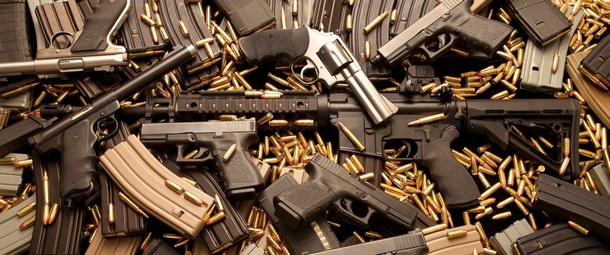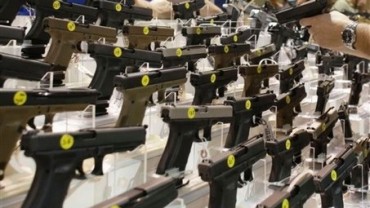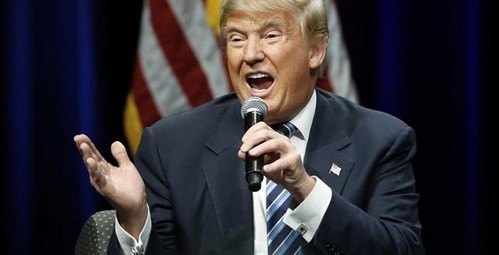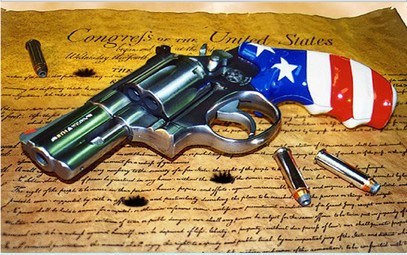How Economists and Criminologists view gun ownership
Jazz Shaw, hotair.com
A number of recent news items regarding proposed gun control legislation offer an opportunity to look at the way that the media covers the scientific side of such questions and the sources they rely on in their reporting. A few weeks ago, CNN ran a lengthy article on the merits of restricting the rights of gun owners which reads like the first draft of someone’s Masters thesis in terms of all of the references which are either quoted or linked to. They include:
- A professor in psychiatry and behavioral sciences at Duke University
- The American Psychological Association
- The National Alliance on Mental Illness
- The American Psychiatric Association
Who does CNN go to when they want a contrarian opinion? Generally a gun shop owner. A similar example can be seen this week in a Baltimore Sun story about new gun restrictions in Maryland. They interview all manner of folks for quotes on why guns are a destructive force in society before coming to a single quote from the other side of the coin. Who did they go to? NRA spokeswoman Amy Hunter.

It’s as if none of these news outlets are capable of finding any scientists, scholars or professional organizations with differing opinions. That’s curious, isn’t it? It’s a question which apparently caught the attention of Gary Mauser of the Simon Fraser University Beedie School of Business and John Lott jr. of the Crime Prevention Research Center. They published a paper recently where they asked 130 academics in the fields of economics and criminology who had published peer-reviewed empirical research papers on the subject to weigh in on the cumulative effects of gun ownership and a number of related questions. Why economists, you ask? John Lott explains:
Economics explains people’s behavior by applying the simple notion that if something becomes more costly people do less of it. As the price of apples goes up, People buy fewer apples. And similarly, as the cost of committing crime rises, people commit fewer crimes.
So how did it turn out? The results might surprise you.
Looking at their views on gun control, our survey finds that these two groups have very different views on gun control that vary in systematic ways that we expected. While economists tend to view guns as making people safer, criminologists hold this position less strongly. Combining all the economists and criminologists together shows that researchers believe that guns are used more in self-defense than in crime; gun-free zones attract criminals; guns in the home do not increase the risk of suicide; concealed handgun permit holders are much more law-abiding than the typical American; and that permitted concealed handguns lower the murder rate. All those results are statistically significant. The survey of economists was conducted from August 25th to September 12th 2014. The survey of criminologists was conducted from May 29th to June 14th 2015.
You can browse through the study results at the link for yourself. (It’s not terribly long.) As a bonus, to compare American attitudes to those in less freedom oriented nations, they included professionals from other countries as well. But one of the first, top line questions really sums up their findings nicely. They asked the question, Are gun free zones, areas where civilians are banned from having guns, more likely to attract criminals than than they are to deter them?
There’s some fascinating stuff in this study, so give it a look. Two very diverse groups of professionals coming at the same question from different angles come up with some notably different answers. But neither of them feels that guns are an overall detrimental influence on American society.








